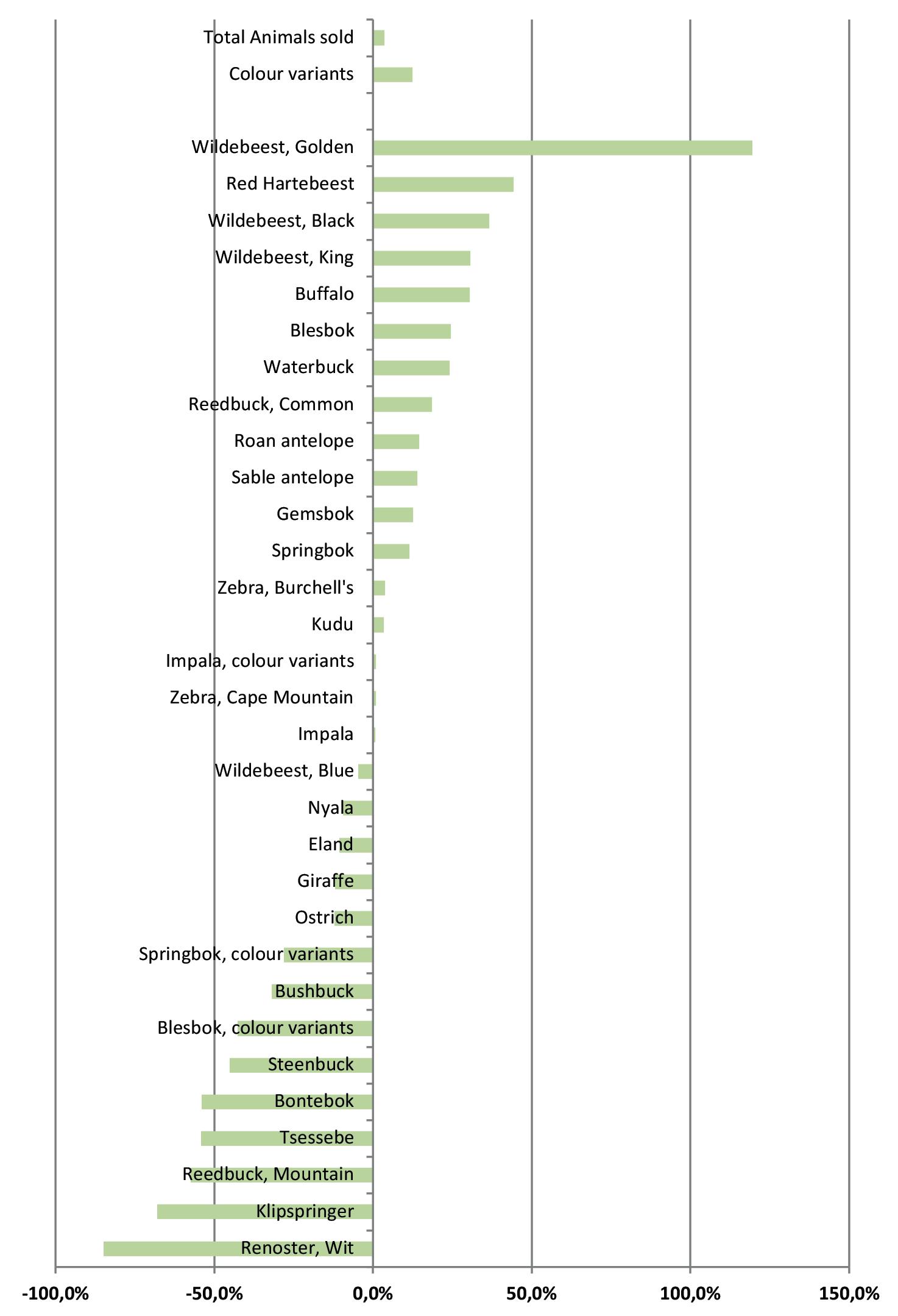
2 minute read
Agricultural Professional Fellows Programme, South Africa Young professionals learn lessons in the USA
by WCDOA pubs
by Phillip Michau, phillipm@elsenburg.com
TThe Agricultural Professional Fellows Programme, South Africa (APFP-SA) is a professional leadership programme specifically focussing on the development of agricultural professionals. Every year a number of early- to mid-career agricultural professionals (fellows) are selected to participate in a capacitybuilding programme, which includes study tours of academic, research and government institutions in South Africa, Africa and the USA.
In 2018 two young professional persons (YPPs) were included in the programme – Fagrie Arnold who is currently pursuing a master’s degree in plant pathology and Abongile Feni, currently pursuing a master’s degree in sustainable agriculture.
The memorable tour to the USA was, without a doubt, a career highlight for most of the group. The itinerary started with a wet and cold New York, which could not dampen the group’s excitement to explore the city until early morning hours.
Two days were spent at Cornell University where delegates interacted with the professional staff from the university, attended a seminar at the Institute for African Development, met with their Smart Fellows and engaged with counterparts in their respective fields.

The Professional Agricultural Workers Conference at the Tuskegee University and Auburn Marriot Opelika Hotel was indeed the highlight of the USA tour. Here, Fagrie and Abongile did everyone proud. Their presentations were at a level on par with the conference standard. Fagrie presented on “Management of Fusarium crown rot of wheat under conservation agriculture in the Western Cape”. This was a fresh topic and was well-received by conference delegates. The conference covered a diverse range of topics in the agricultural sphere, from agricultural economics to sustainable agricultural practices. “Some of the presentations included topics such as: ‘Enhancing biological research through farmer-driven methods’ and ‘The cultivation and decriminalisation of marijuana’”, said Fagrie. One of the ongoing projects of the International Food Policy Research Institute (IFPRI) was the “Bio-fortification project”. Fagrie found it very interesting since his career goal is to work closely with plant breeders, agronomists and producers to achieve disease and drought-resistant crops, environmentally friendly alternatives to pesticides and higher production yields. “I particularly enjoyed the one-on-one engagement with Professor Gary Bergstrom from the Plant Pathology section, who shared some insight into their own research with me”, said Fagrie.
Abongile presented “Sustainably reviving South African indigenous fynbos plants through greenhouse production”, and by the response of the conference it was clear that she is exploring new ground. “A highlight of the tour was the meeting with IFPRI and their research on ways in which staple produce could be genetically modified to meet the nutrient needs for people who can’t afford fresh produce, especially for underdeveloped countries”, recalled Abongile. She also found the topics presented at the conference very interesting and said: “It gave us the opportunity to see what research is done in the USA and what lessons South Africa could learn agriculturally, especially concerning cannabis.”
Another highlight of the tour was a visit to the South African embassy in Washington
D.C. A great deal was learnt concerning South African markets and trades. According to Abongile, the take-home message for her was that South Africa is doing better than what most people realise in terms of market trade with the USA, and we can be proud of our participation and contribution in international trades.


Marguerite, one of the Fellows, found the USA part of the fellowship programme a real eye-opening experience – the sights, the wonderful people she met, and the places the group was privileged to visit. In her own words: ”It is interesting to see how other countries compare to South Africa and also the way they do things, especially along the line of agriculture. If you think of dairy farms in the USA, intensive mega-dairies come to mind, but we were also very lucky to visit a family-owned Amish dairy farm. As a ruminant nutritionist and dairy cow management lecturer, this was a fantastic experience.”
Apart from visiting the South African Embassy, meetings were also held at the Global Harvest Initiative, IFPRI and the World Bank. AP










